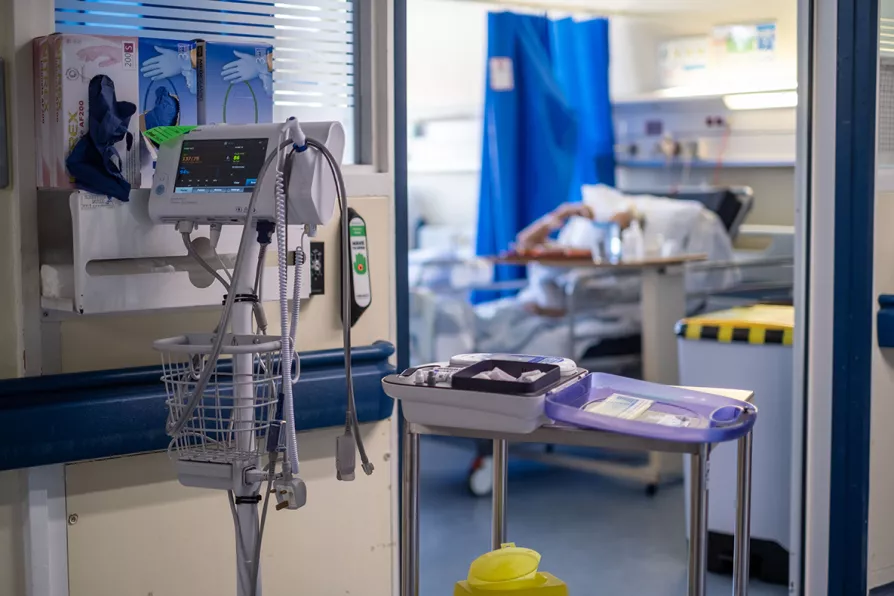
 A general view of medical equipment on a NHS hospital ward at Ealing Hospital in London
A general view of medical equipment on a NHS hospital ward at Ealing Hospital in London
NHS outsourcing is fuelling inequality and lengthening waiting times, with wealthier patients receiving faster treatment than poorer ones, a study revealed today.
Researchers found that expanding private providers into NHS-funded care has reduced surgical admissions at NHS hospitals and driven up waiting times across the board.
Private hospitals are disproportionately located in wealthier areas and poorer patients, who are often sicker, are less likely to be admitted.
With NHS capacity under pressure, the study warned that those on lower incomes are now waiting longer for care, receiving less support at home and facing greater barriers in travelling to private hospitals.
On average, patients treated by private providers via the NHS waited only half as long as those treated in NHS hospitals.
The poorest 20 per cent of patients are significantly less likely to be treated in the private sector and face longer waiting times than the wealthiest 20 per cent.
Between 2003 and 2008, when private involvement in NHS treatment was minimal, surgical admissions rose and waiting times more than halved.
But from 2008 onwards, as private sector provision expanded, NHS capacity fell and waiting times increased.
Study co-author Professor Allyson Pollock of Newcastle University said: “The private sector is now substituting for, not adding to, NHS capacity.
“This is leading to reduced in-house provision, longer waits for all and a system skewed in favour of those able to access private facilities with NHS funding.”
Keep Our NHS Public co-chairman and retired Consultant Paediatrician Dr John Puntis said that the study “reveals the grim reality of what ‘using spare capacity in the private sector to help the NHS’ means in practice.”
“It also refutes the nonsensical assertion that this is the morally correct course of action,” he said.
“Government must heed the call to reverse its drive to build a two-tier system, committing instead to invest in rebuilding the NHS as a publicly provided service.
“Rather than a valued partner with shared objectives, the private sector is exposed for what it is — a parasitical and ruthless competitor.”
A Department of Health and Social Care spokesperson said: “Life chances and life expectancy should not be determined by where you live and tackling health inequalities is a priority for this government. We will end the two-tier health care system where those who can afford it are seen faster privately, with others left behind.
“Our Plan for Change is reforming the NHS to get it back on its feet, and we have hit the ground running, delivering an extra 3 million appointments since July to cut waiting lists. In the longer term, we are taking radical action to shift the focus of care from sickness to prevention so that people live healthier lives for longer, regardless of their background.”














